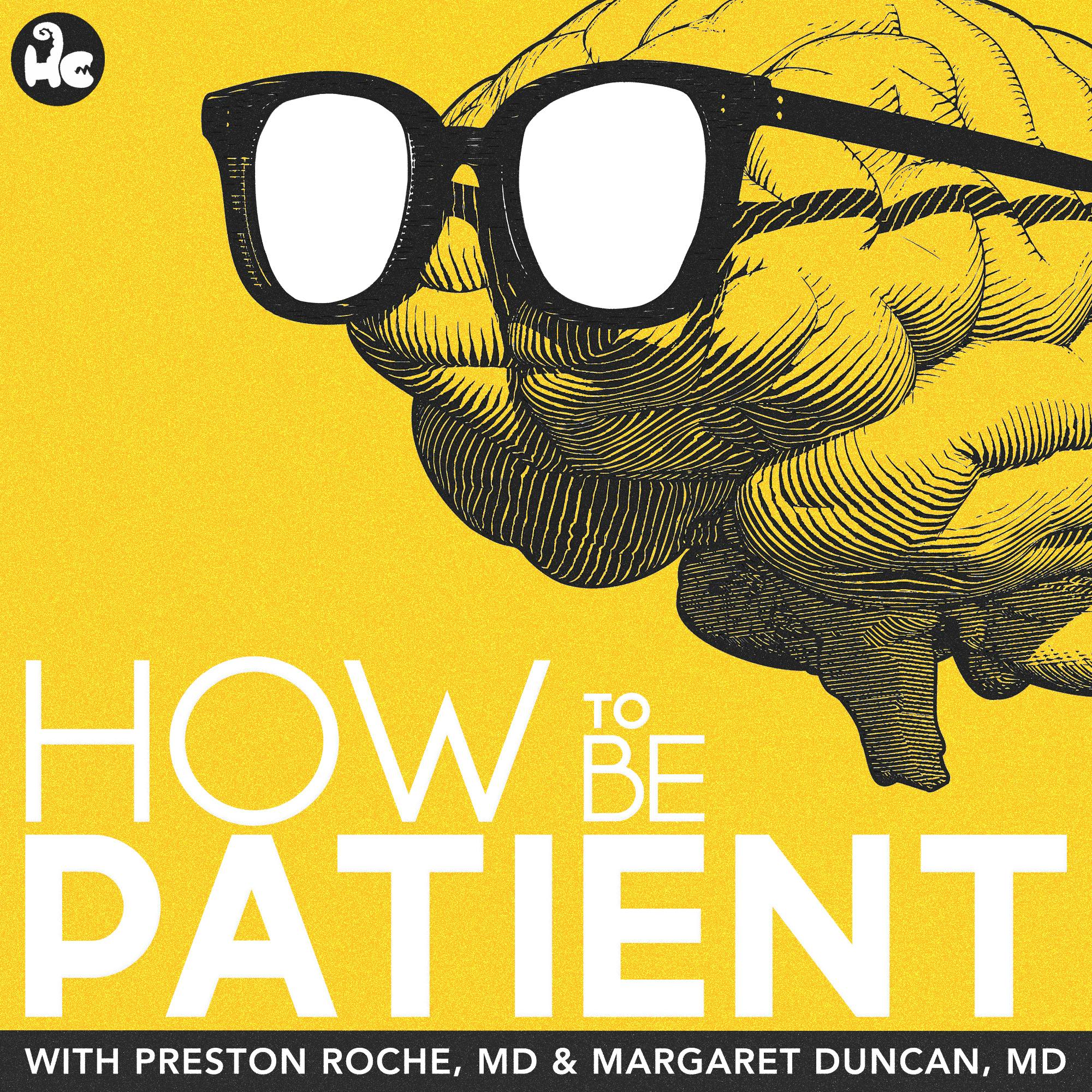ADHD and Misinformation in the Digital Age
This blog post delves into the complex relationship between ADHD and misinformation in the digital age, particularly focusing on the impact of social media. In our latest podcast episode, "ADHD In the Media," we explored many of these issues, and this post expands on those key themes. You can listen to the full episode here: https://www.howtobepatientpod.com/adhd-in-the-media/
The Rise of Self-Diagnosis and Misinformation
The internet, and especially social media platforms like TikTok and Instagram, have democratized access to information. While this can be incredibly empowering, it also presents significant challenges when it comes to understanding complex medical conditions like ADHD. The ease with which individuals can access information, often presented in simplified or sensationalized ways, has led to a surge in self-diagnosis.
This trend is fueled by several factors. Firstly, many people find solace and validation in online communities built around shared experiences. Finding others who understand their struggles can be a powerful experience, and for those who suspect they might have ADHD, this sense of community can be invaluable. However, online communities, while supportive, may not always offer accurate information.
Secondly, the algorithms of social media platforms often prioritize engagement over accuracy. Videos and posts that use attention-grabbing language or sensationalized claims are more likely to go viral, regardless of their factual basis. This can lead to the spread of misinformation, perpetuating harmful stereotypes and inaccurate representations of ADHD.
The Dangers of Unverified Information
The problem with self-diagnosis, fueled by unreliable online sources, is that it can lead to delayed or inappropriate treatment. ADHD is a neurodevelopmental disorder with a wide range of presentations. Symptoms can vary significantly from person to person, making accurate diagnosis a complex process requiring professional expertise. Relying solely on online quizzes or anecdotal evidence can lead to misdiagnosis, potentially causing individuals to miss out on appropriate interventions, and even pursue ineffective or potentially harmful treatments.
Furthermore, the information found online often lacks the nuance and context provided by qualified professionals. A symptom checklist might seem simple, but understanding the underlying mechanisms of ADHD, its co-occurring conditions, and the complexities of diagnosis requires years of specialized training.
The Importance of Professional Evaluation
Accurate diagnosis of ADHD requires a thorough evaluation by a qualified healthcare professional, such as a psychiatrist, psychologist, or pediatrician specializing in ADHD. This evaluation typically involves a comprehensive assessment that considers multiple factors including developmental history, current symptoms, and potential co-occurring conditions.
A professional evaluation goes beyond simply ticking boxes on a symptom checklist. It involves a detailed review of the individual's medical history, family history, and behavioral patterns. It also considers the impact of symptoms on various aspects of their life, including academic performance, work productivity, relationships, and overall well-being.
Diagnostic Criteria and Challenges
The Diagnostic and Statistical Manual of Mental Disorders (DSM-5) outlines specific criteria for diagnosing ADHD. However, even with these clear guidelines, diagnosis can be challenging. ADHD symptoms can overlap significantly with those of other conditions, such as anxiety, depression, and learning disabilities, making differential diagnosis crucial.
A skilled clinician utilizes various assessment tools, interviews, and observations to differentiate between ADHD and other conditions, ensuring that the individual receives the most appropriate diagnosis and treatment plan. This process is essential to avoid misdiagnosis and ensure that individuals receive the support they need.
Navigating the Digital Landscape Responsibly
The digital age presents both challenges and opportunities for individuals seeking information about ADHD. While the internet offers a wealth of resources, it's crucial to approach this information critically.
It's important to prioritize information from reliable sources such as professional medical organizations, reputable research institutions, and qualified healthcare providers. When seeking information online, be wary of sensationalized claims, anecdotal evidence, and unqualified individuals offering diagnoses or treatment advice.
Seeking Support and Building Community
While self-diagnosis should be approached with caution, online communities can still offer valuable support and a sense of connection for individuals who suspect they might have ADHD. These communities can provide a space to share experiences, learn from others, and feel less alone in their struggles. However, it's important to remember that these online communities should be considered a supplement to, not a replacement for, professional evaluation and treatment.
Conclusion
The proliferation of information about ADHD in the digital age is a double-edged sword. While increased access to information can be empowering, the spread of misinformation poses significant risks. Self-diagnosis, fueled by unreliable online sources, can lead to delayed or inappropriate treatment. Therefore, it's crucial to prioritize professional evaluation and treatment when considering a diagnosis of ADHD. This blog post, echoing the themes explored in our podcast episode, "ADHD In the Media," https://www.howtobepatientpod.com/adhd-in-the-media/, emphasizes the importance of seeking accurate information and professional guidance in navigating this complex condition in the digital age. Remember that responsible engagement with online communities, coupled with professional support, can create a pathway to better understanding and effective management of ADHD.

















